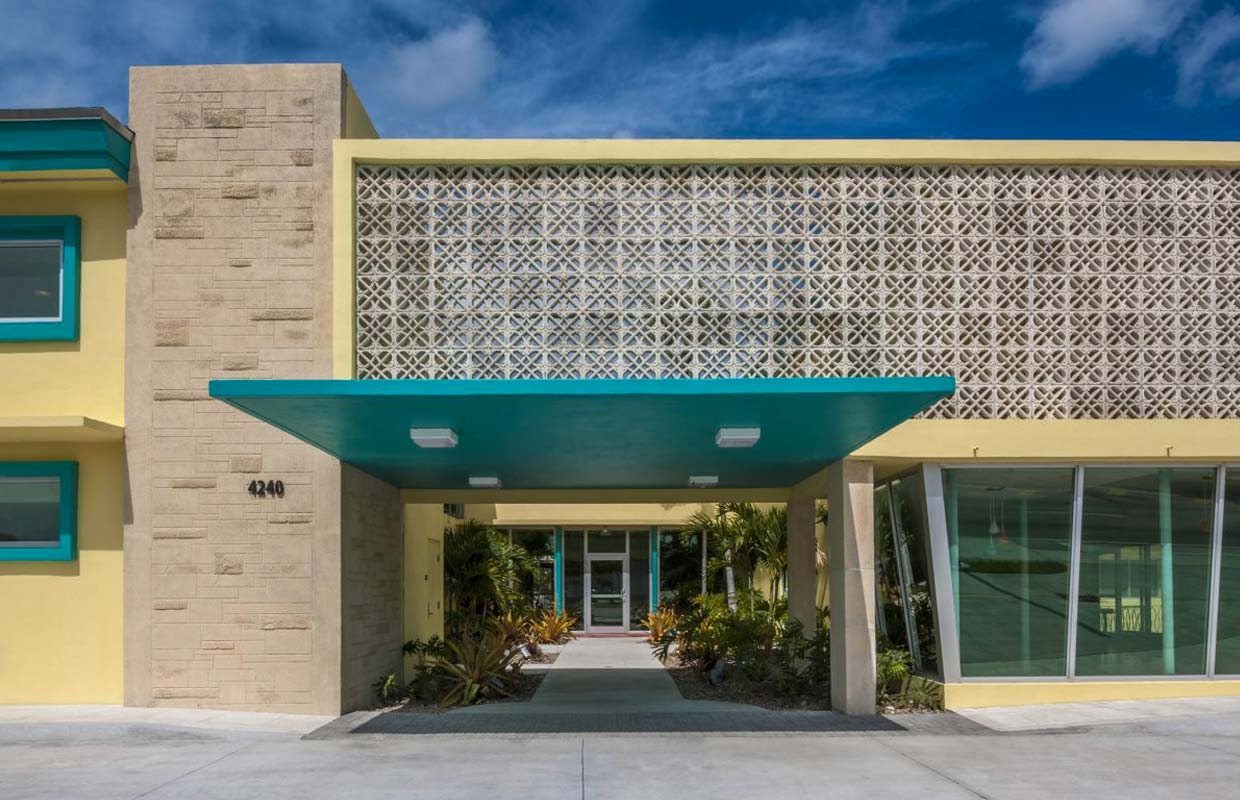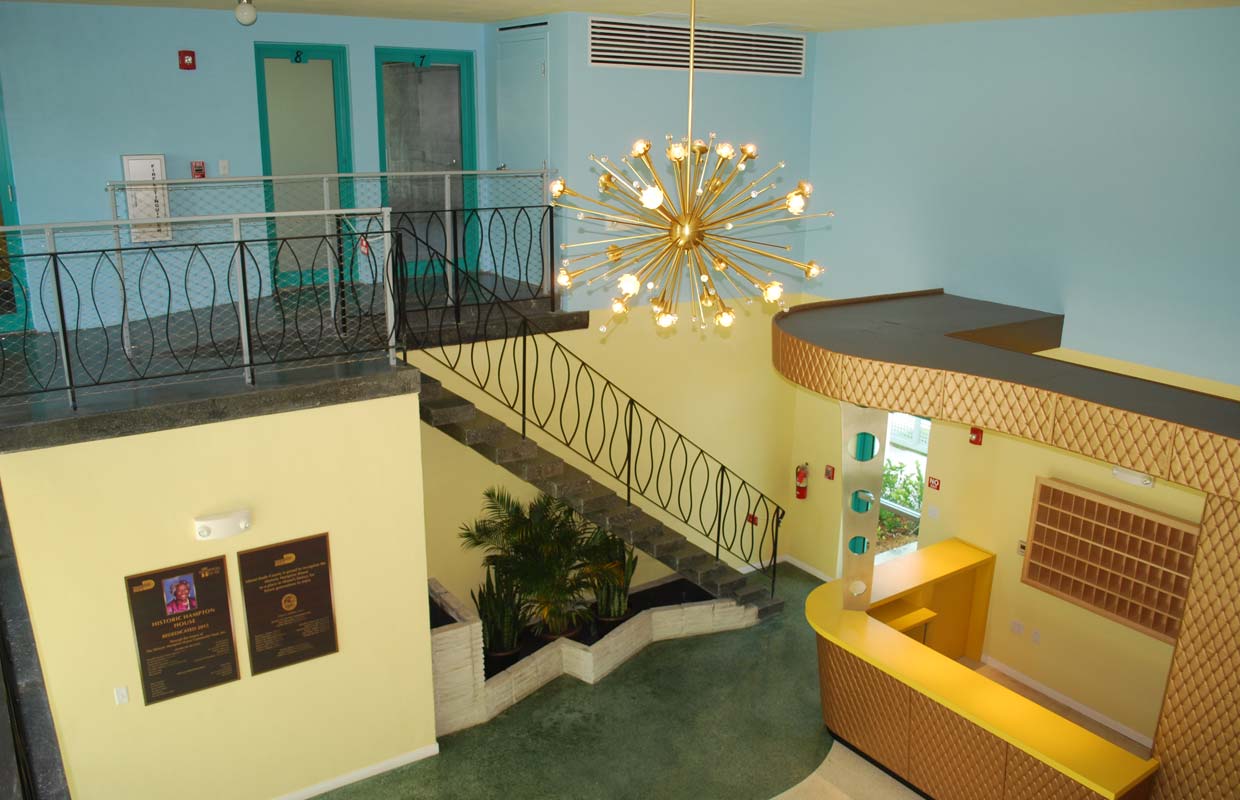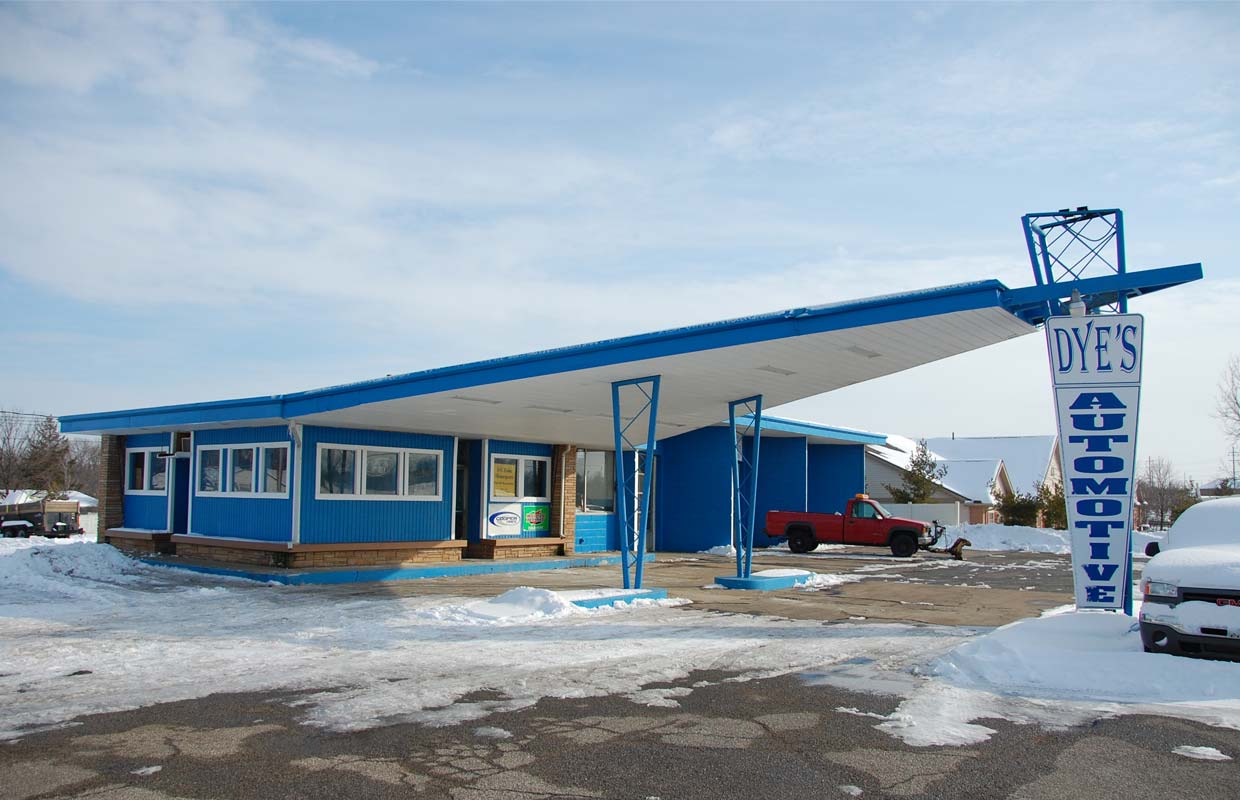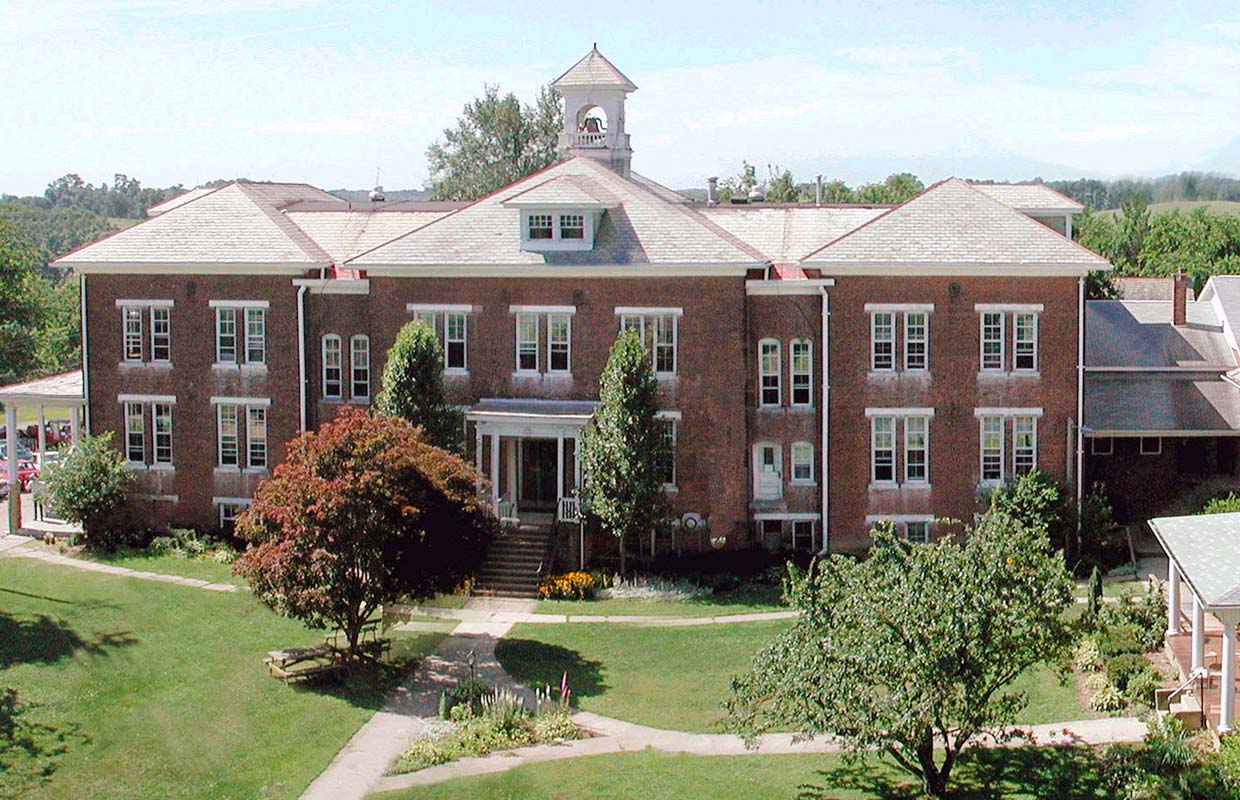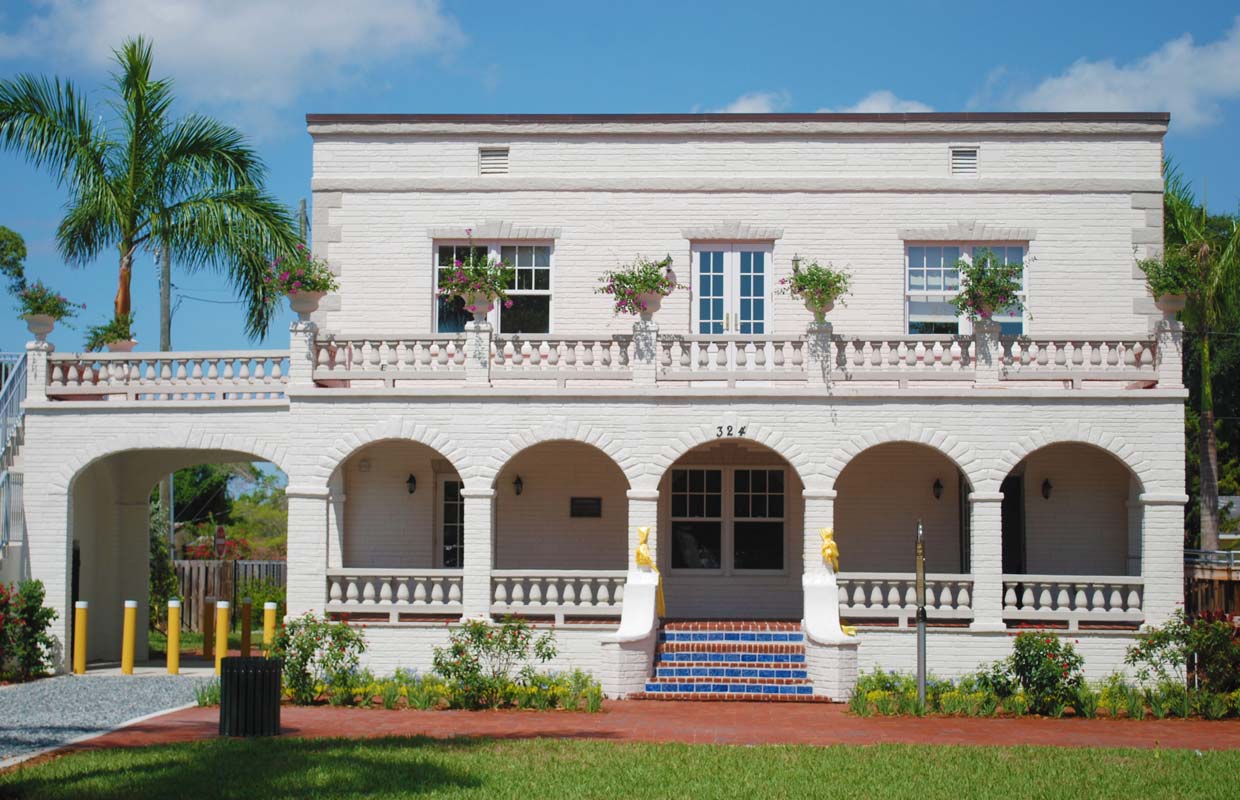Adaptive Reuse
Summary: “Adaptive reuse” can be a solution that breathes new life into historic structures for uses that are often not the building's original design intent, but are successful in being adaptive to new uses for both the client and community.
In architecture, adaptive reuse (also called building reuse) refers to the repurposing of an existing structure for new use. For example, converting a gas station into an office space, or an old grain silo into a home. Adaptive reuse architecture breathes new life into historic structures by converting them into something useful for the surrounding area, Commercial developers or city managers most commonly handle adaptive reuse projects because they have the financial resources and staff expertise needed.
The adaptive reuse project, the historic Hampton House exemplifies the term adaptive reuse. This Civil Rights landmark is now a community cultural center that includes a multi-purpose room, space for an historic interpretive museum, offices, and space for future recording studios and classroom.
read moreArchitectural News
Architectural news from around the world, from architect to designer, thought leader to user.

